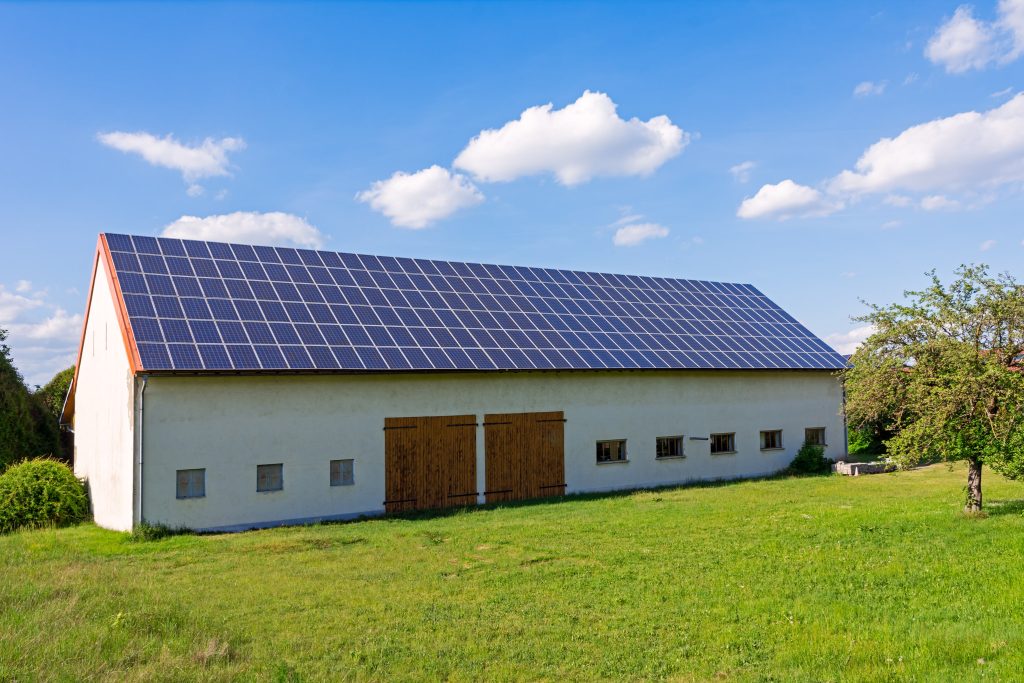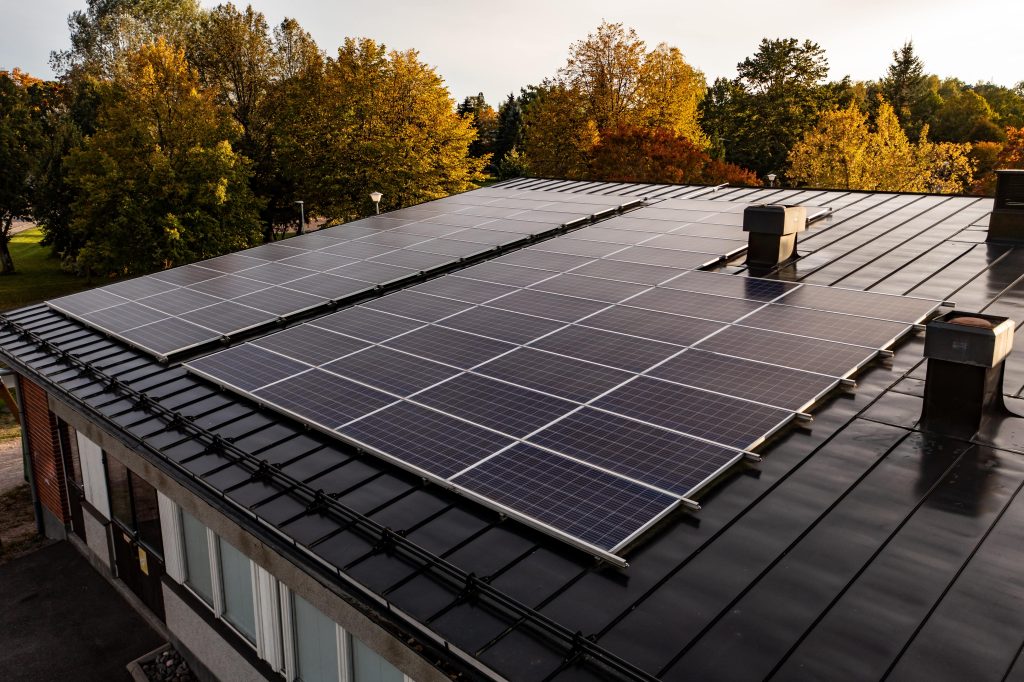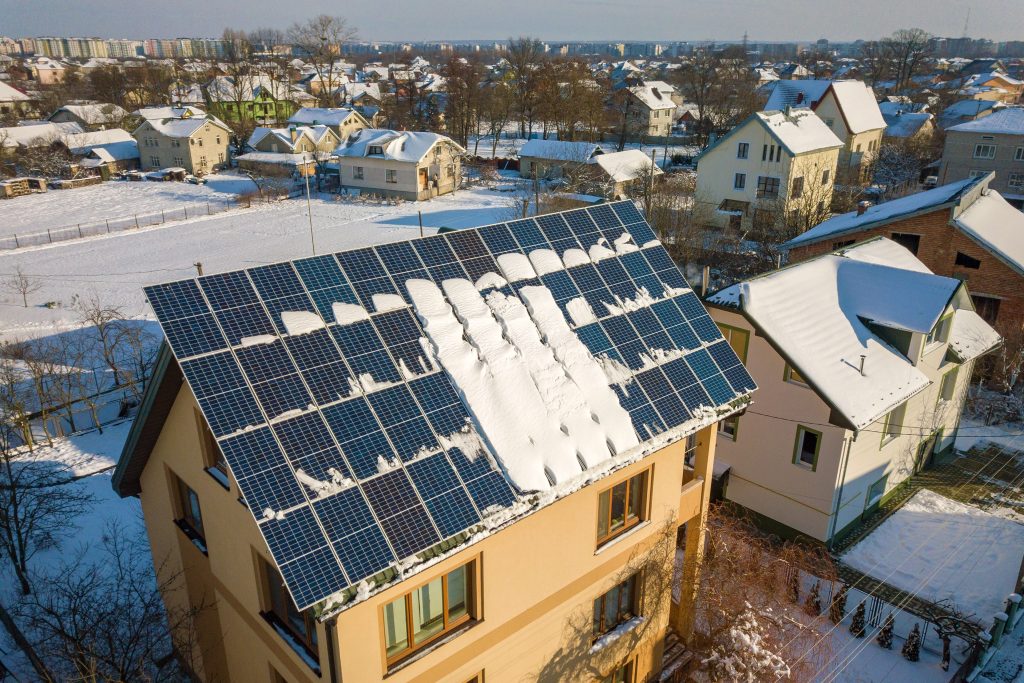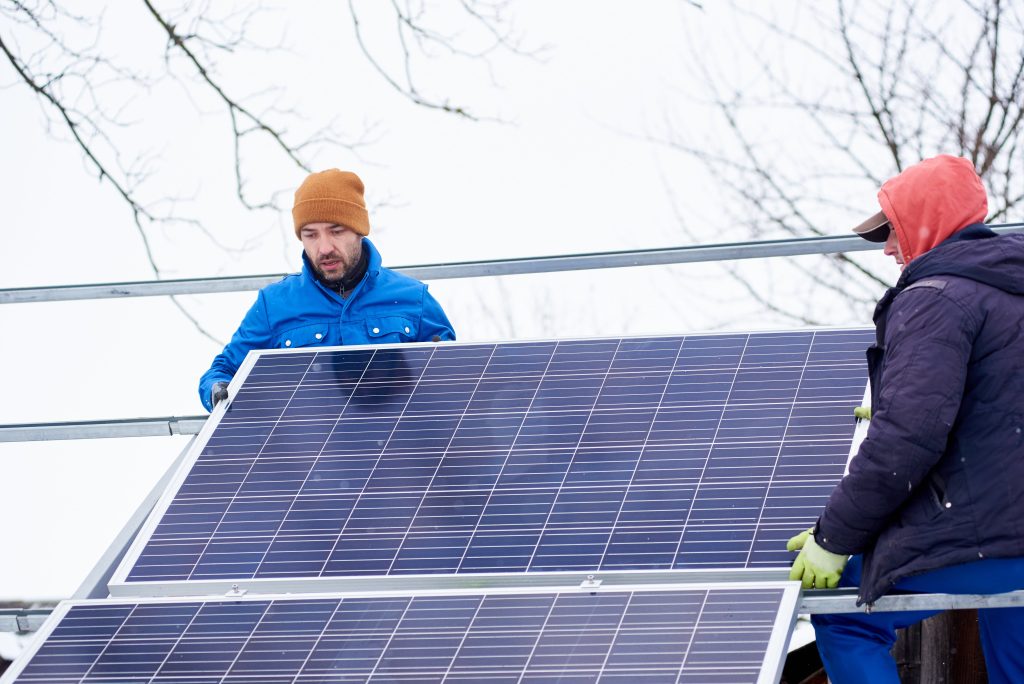Installing Solar Panels In Remote And Rural Households
Many of the big electricity companies opt to invest more heavily in more densely populated areas. Therefore, some of the more remote villages and rural communities do not always receive such comprehensive coverage or services from them. One solution for homeowners living in remote areas is to install solar panels in remote and rural households. This enables them to capture energy from the sun and convert it into electricity for their own use. It lessens their reliance on the National Grid for power and supports those wishing to live more sustainably.
Sustainability also makes solar panels highly attractive for people seeking to live as ‘off-grid’ as possible. Often, such households will be drawn to remote areas and rural living. Being able to have solar panels installed on the roof or a flat surface can help ensure a steady flow of electricity to provide lighting, heating and power on a day-to-day basis. Adding a storage battery to the solar power set-up can also allow any electricity not used straight away to be stored and used when the sun is not providing enough energy for the photovoltaic cells to work, such as at night.
Here are some more reasons why remote communities and rural households interested in living off-grid should consider investing in solar panels…
Solar panels in remote and rural households provide power anytime, anywhere
Formerly the preserve of larger homes, solar panel technology has become increasingly diverse, meaning that smaller dwellings can now take advantage of the versatile technology too. The ability to sell back surplus electricity that a smaller rural household doesn’t use can also help boost the coffers and provide an additional income stream. Solar panel systems needn’t spoil the look of a countryside home either – the panels themselves come in discreet, attractive designs and can be fitted to a roof or flat surface in the best way to reduce the visual impact.
Solar panels still work on rural households on a cloudy day
There doesn’t have to always be bright sunshine for solar panels to power a home in a remote location effectively – they can work on cloudy days too. Storage battery solutions also enable solar power to be stored in readiness for powering the property at night. This provides homeowners with an excellent ROI – being able to generate their own electricity will, over time, reduce power bills and pay back money spent on the initial installation of the solar panels.

Solar power protects against power outages
Another way in which solar panels can benefit rural households is that they provide protection against power cuts and interruptions caused by problems with the National Grid. When power cuts happen, rural areas often take the brunt of the resulting chaos, since towns and cities are normally prioritised when it comes to restoring power and fixing damage. Knowing that remote properties can still access the electricity being produced by a solar panel system can be extremely reassuring.
Solar panels free up funds
There is often a correlation between rural households and higher levels of domestic poverty. Managing to reduce energy bills and possibly even sell unused electricity back to the National Grid might be able to assist with balancing the books in the longer term.
Clearly, installing the system in the first place will represent a financial outlay, but there may be help available in the form of grants or loans to help pay for this – check out your local council in the first instance to see if there is anything suitable. Plus, as photovoltaic technology advances, the costs will fall and the efficacy of the system increase, helping free up rural households funds even more.
Easy to look after
Finally, solar panel maintenance overall is not complex, as solar panels tend to be robust and easy to care for. The photovoltaic cells that capture the solar energy are normally encased in tempered glass and strengthened by steel frames. Additionally, the converters and other technology required to generate electricity are also very well insulated and protected against damage, general wear and tear and adverse weather conditions.
This also helps keep repair and upgrading costs down for rural and remote households. However, that said, investing in annual or other maintenance contracts for solar panels and associated technology can offer peace of mind and help spot potential problems early before they cause more serious disruption.
If you are interested in investing in Solar panels for your rural household, contact us at UPS Solar to see what we can do to help you.





